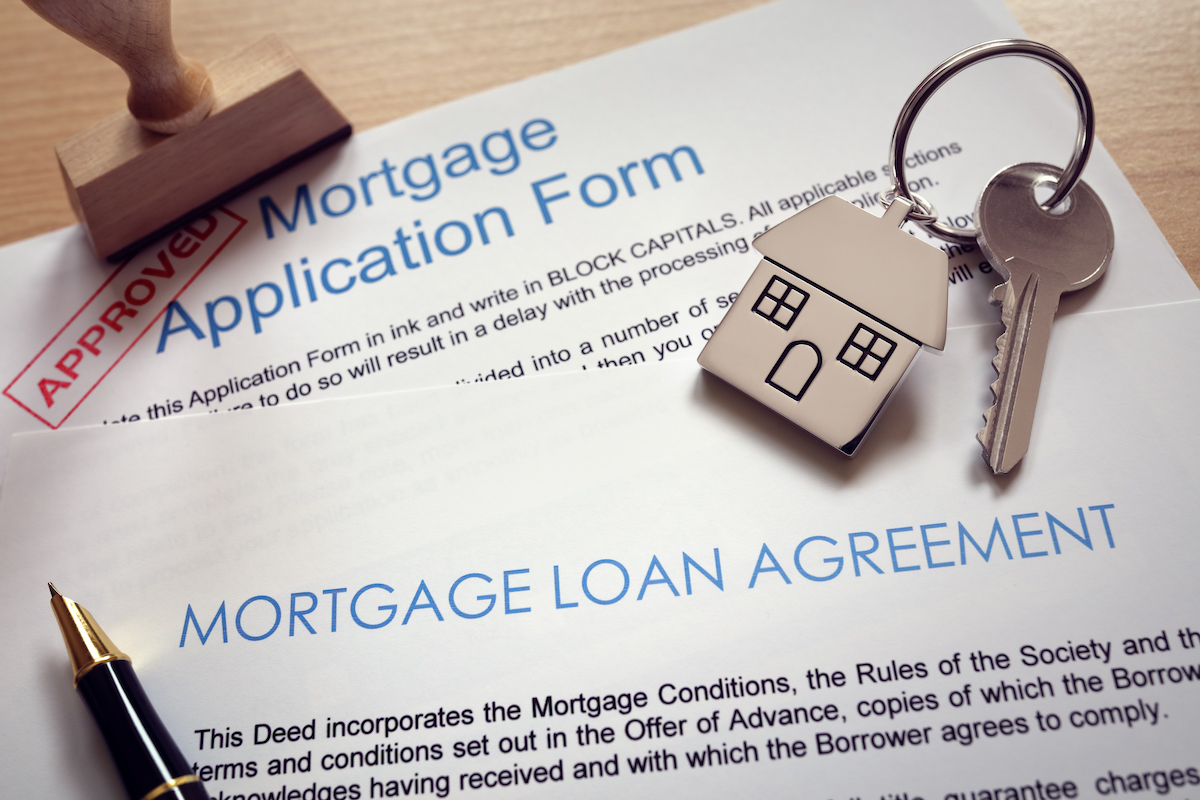Unless you studied to become a real estate expert, it’s unlikely that you have a full understanding of all the documentation, procedures, and jargon that are involved in a property exchange. But that’s okay! Pull up a chair, grab your favorite pen and a sheet of paper – class is in session!
Whether it’s your first time buying or selling, or you’re a seasoned vet, there is always something to learn! This blog will cover important real estate documents; what they are and why you should understand their purpose.
Common (and Important) Legal Documents to Safeguard
Let’s talk about the important legal documents you should safeguard. It’s a good idea to store these documents in a fireproof safe or safety deposit box at the bank just in case anything happens….
- Buyer’s Agent Agreement – When you select a real estate agent, you’re required to sign a buyer’s agent agreement. This agreement is a contract between you and the agent, stating that the real estate agent represents you in the purchase of your home. Keep this document because it explains what services your agent has agreed to provide you with. If there is ever an issue with your real estate agent, this document comes in handy.
- Purchase Agreement – The purchase agreement is a legally binding contract signed by both the buyer and seller of the home, stating that the purchase price, closing date, and other terms are agreed upon by both parties. Safeguard this document because the seller must abide by these terms and failing to do so has legal ramifications.
- Seller Disclosure – Home sellers are legally required to disclose problems with the home that could affect its value. If a major issue arises with your home after you move in, and it wasn’t disclosed properly by the seller, you will have a hard time holding the seller accountable in court.
- Home Inspection Report – Whether you’re the buyer or the seller, a home inspection report is important. This report is a detailed breakdown of issues with the home including pictures. This report documents any repairs you need to make in the future.
- Closing Disclosure – Also known as a CD, this document is provided to you from your mortgage lender. It details your loan term, loan type, fixed rate (or adjustable rate) mortgage, the closing costs, and much more. This is an important financial document that will help you plan your future. Don’t lose it!
- Addenda, Amendments, or Riders – If during the home buying or selling process there are terms that need to be adjusted, those changes are documented as amendments. For example, if your home inspection reveals unexpected issues with the home, you might want to renegotiate the purchasing terms. If so, make sure to keep this document handy.
- Title Insurance Policy – The title insurance policy provides protection from any competing claims on your home. Should the previous owner try to claim your home, the title insurance covers you against any fraudulent signatures on ownership documents.
- Property Deed – The deed is a legal document that confirms the ownership rights of a home. It’s a physical document signed by both the seller and the owner. This document is normally mailed to you after the title transfer has been recorded in your county’s public records office. This is the only way to truly prove that you own a home, so keep this document safe and secure.
Top 5 Real Estate Contract Terms
We’ve covered what documents to lookout for and safeguard. It’s incredibly important to keep track of these documents, but it’s just as important to understand what they mean. Legal real estate documents can be filled with confusing jargon. Fortunately, Attorney Ben Weaver is here to simplify things. This next section will explain common contract terms and why they are important! Let’s break down some of the complicated terms that are laid out in a standard, Chicago area, residential real estate contract. We’ll also mention where these terms can be found on the contract.
- General Terms…
- Offer Date: The offer date is the date that the buyer officially signs the contract and submits it to the seller.
- Acceptance Date: The acceptance date is the date the seller officially accepts and signs the contract. Both the offer date and acceptance date are found on page 13 of the contract.
- Closing Date: Found in paragraph 5, at the top of page 2, the closing date is when the buyer and seller wrap up the transaction.
- Waiver of Professional Home Inspection: In a standard area contract, the seller is obligated to allow the buyer the right to an inspection of the home. However, if the buyer and seller initial paragraph 11, which is located in the middle of page 4, the parties can choose not to go through with the inspection.
- Possession After Closing: Have you ever considered letting the people you just bought your new home from, live there for an extra two weeks after closing? We actually see this a few times a year in the contracts we work on. Let’s say the person who bought their new home still has their house to sell, but the seller has not yet closed on their new home. The buyer can allow the seller to occupy the home for an agreed upon amount of time past the closing date. The buyer can charge the seller a daily mortgage rate or charge the seller a percentage of the mortgage.
- Buyers Home Sale Contingency: This contingency can be found on paragraph 30, on page 9 of the contract. This contingency states that the buyer must have their house under contract to be sold by an agreed upon date, or else the purchase agreement may be subject to cancellation. One reason a buyer would want to sign off on this is to ensure they will have the funds available from the sale of their own property to apply to the purchase.
- Loan Contingency: Let’s face it, buying a house is incredibly expensive. The vast majority of buyers will need to secure some sort of financing in order to purchase the property. Paragraph 7a, found on page 2, lays out the loan contingency terms, which states that if the buyer can’t qualify for the loan within a certain time period, the contract is cancelled. This protects the seller from going into contract with a buyer that cannot afford the price. It also protects the buyer from taking on an insurmountable debt.
Finding the Right Real Estate Lawyer
Real estate can be tricky without the right team to help guide through the process. 23 Legal prides itself in translating the language of a contract into regular, everyday wording that our clients can understand. We can handle city and state tax forms, as well as represent clients in both buying and selling transactions. Need assistance with estate planning documents? We’ve got you covered!
Here’s what a client had to say about working with attorney Ben Weaver…
“It was wonderful working with Ben and his team. They made buying our home a transparent and easy process.” – Client review
Read more 5 star reviews here!
Let’s make sure you don’t get overwhelmed and confused by the mountains of legal jargon in your housing contract. Pro tip: Don’t sign or initial any document you’re confused about. Avoid making mistakes by trusting an experienced real estate lawyer! We’re here to help you with any questions you may have. 23 Legal is in your corner!
Are you in the process of buying or selling a home and find yourself overwhelmed by legal documents?
Or maybe you’re working on your estate plan and feel confused by the legal jargon?
Trust the experts and contact 23 Legal for help with home buying, selling, and estate planning!
Why Choose 23 Legal
23 Legal offers Real Estate and Estate Planning legal services to individuals, families, community associations and small business owners throughout Chicagoland. We know how intimidating “the law” can be. In fact, when most people think of law offices, they think of stuffy leather chairs, huge wooden desks and pompous lawyers who charge outrageous fees. That’s not us! We believe in 1-to-1; the same lawyer should work with you all the way through. Whether you have an estate planning issue, family trust concern, or you have a legal problem in regard to a new home, business, real estate or remodel, you need a lawyer who cares. That’s where Ben comes in! We are great listeners; more than that, we are lawyers who believe that our clients always come first.



